Dandy (2006)
Genre :
Runtime : 59M
Director : John Bock
Synopsis
Follows experiments of fictional 19th century aristocrat Monsieur Lautréamont, a hypochondriac dandy committed to the pursuit of true aesthetic perfection which he calls “urge-ingeniousness”. The film focuses on the interplay between Lautréamont and Louise, his seductive servant, and switches back and forth between Bock as the master and his reliance on Louise who is all at once nurse, servant, inspiration and lover. The film crosses the boundaries of surreal fantasy and period drama, with Bock playing the tormented genius, an inventor attempting to achieve perfection in every creative aspect: poetry, perfume, and even nature. Filmed at Chateau du Bosc, the family home of the aristocratic dwarf Henri de Toulouse Lautrec. Toulouse Lautrec is clearly the inspiration for Bock’s character

At a peculiar dinner party, an actress tries to survive amidst visions of her darkest nightmares. Without the slightest notion of space-time, the bewildered actress faces her fears and addictions, lost between what could be real or a figment of her imagination, dinner takes on a life of its own.

A musical horror story about two young women who are stalked through a shopping mall by a cannibal. He follows them home, and here the victims become the aggressors.

Consistent stylistic-thematic structures link and merge throughout the bewildering event chain. The distinction between organic forms and human artifacts is blurred by the visual style which is enigmatic without being ambiguous.
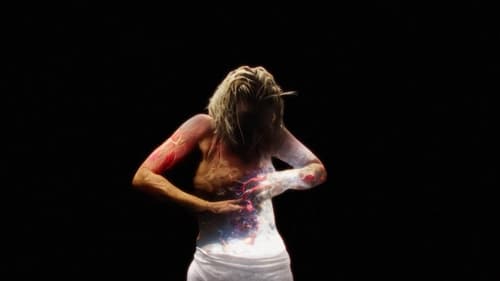
A brief journey through the human experience as seen by the eyes of an Artificial Intelligence.
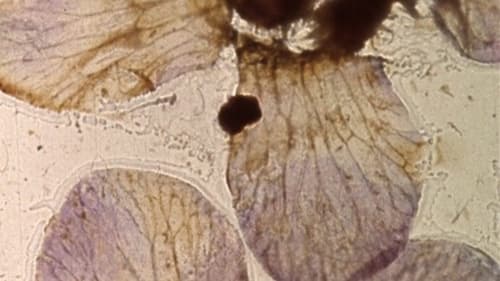
Seemingly at random, the wings and other bits of moths and insects move rapidly across the screen. Most are brown or sepia; up close, we can see patterns within wings, similar to the veins in a leaf. Sometimes the images look like paper cutouts, like Matisse. Green objects occasionally appear. Most wings are translucent. The technique makes them appear to be stuck directly to the film.

Two instants separated by 99 days conflict with each other.
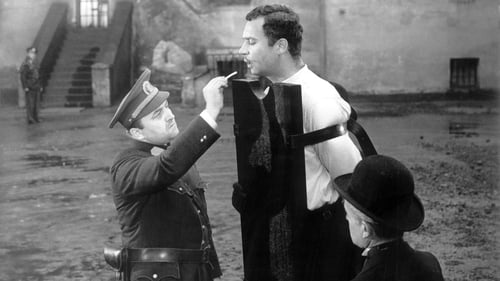
A dark comedy about a murder and its consequences presented in a backwards manner, where death is actually a rebirth. The film starts with an "execution" of the main protagonist and goes back to explore his previous actions and motivations.
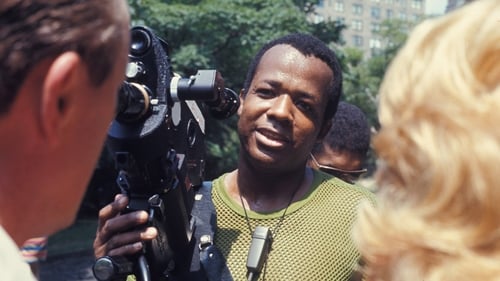
In Manhattan's Central Park, a film crew directed by William Greaves is shooting a screen test with various pairs of actors. It's a confrontation between a couple: he demands to know what's wrong, she challenges his sexual orientation. Cameras shoot the exchange, and another camera records Greaves and his crew. Sometimes we watch the crew discussing this scene, its language, and the process of making a movie. Is there such a thing as natural language? Are all things related to sex? The camera records distractions - a woman rides horseback past them; a garrulous homeless vet who sleeps in the park chats them up. What's the nature of making a movie?
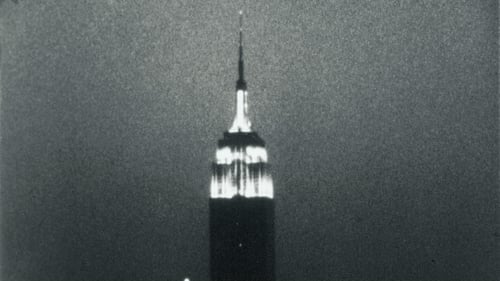
Experimental film consisting of a single static shot of the Empire State Building from early evening until nearly 3 am the next day.

A journey to an unknown star, a children's theatre play, an untalented writer and the fear of becoming the worst version of oneself. A mixture of live-action footage and animated scenes. A stream of (un)conscious stereotypes.
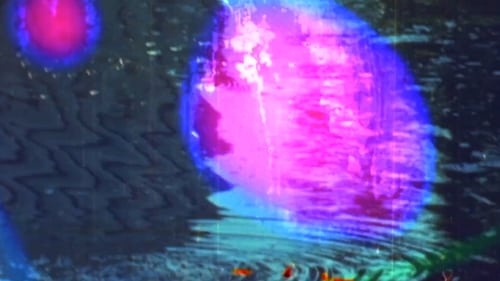
Tar pits form as petroleum seeps to the surface through fissures in the Earth’s crust, leaving viscous asphalt pools. To make Tar Pits Film, Jennifer West threw a strip of film into the La Brea Tar Pits in Los Angeles, still-bubbling asphalt pools which have seeped from the ground for tens of thousands of years. The film was then ridden over hot asphalt by a motorcycle and drenched in other substances including thick mayonnaise and body lotion.

An experimental short film by Walerian Borowczyk and Jan Lenica.
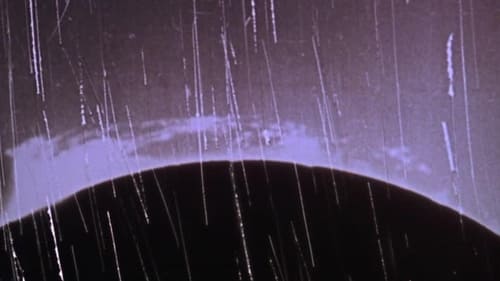
A creation myth realized in light, patterns, images superimposed, rapid cutting, and silence. A black screen, then streaks of light, then an explosion of color and squiggles and happenstance. Next, images of small circles emerge then of the Sun. Images of our Earth appear, woods, a part of a body, a nude woman perhaps giving birth. Imagery evokes movement across time. Part of the Dog Star Man series of experimental films.

100 basic images switching positions for 4000 frames.
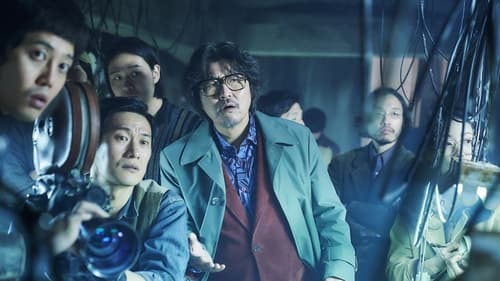
In the 1970s, Director Kim is obsessed by the desire to re-shoot the ending of his completed film Cobweb, but chaos and turmoil grip the set with interference from the censorship authorities, and the complaints of actors and producers who can't understand the re-written ending. Will Kim be able to find a way through this chaos to fulfill his artistic ambitions and complete his masterpiece?
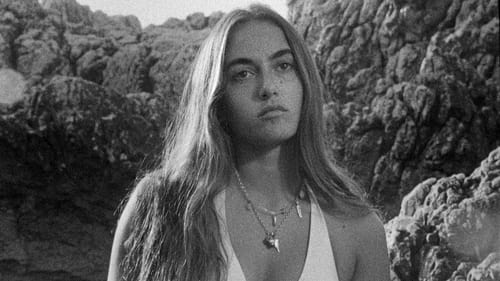
Joey works as a waiter for a hedonistic community of summer holiday makers in a small Mediterranean paradise. It is unclear if their exaggerated behaviors are due to the fact that the summer is coming to an end or if its just the last of their summers.

After a catastrophic global war, a young filmmaker awakens in the carnage and seeks refuge in the only other survivor: an eccentric, ideologically opposed figure of the United States military. Together, they brave the toxic landscape in search of safety... and answers.

Starting in the late 1930s, illustrator and experimental animator Douglass Crockwell created a series of short abstract animated films at his home in Glen Falls, New York. The films offered Crockwell a chance to experiment with various unorthodox animation techniques such as adding and removing non-drying paint on glass frame-by-frame, squeezing paint between two sheets of glass, and finger painting. The individual films created over a nine-year period were then stitched together for presentation, forming a nonsensical relationship that only highlights the abstract qualities of the images. —Kansas City Electronic Music and Arts Alliance

"Momentum is Belson's most serene and gentle film since Allures. This treatment of the sun as an almost dreamlike hallucinatory experience is both surprising and curiously realistic." -Gene Youngblood

With this abstract digital video, Murata presents viewers with a field of seething colors and line, within which a suggestive, Rorschach-like formation manages to retain its structure even as it is in a constant state of flux. The mesmerizing tableau that results is accompanied by a cyclical, dronelike sound track.

















